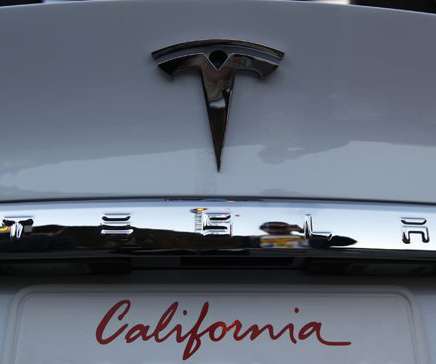University of Minnesota Study Finds Cellulosic Ethanol Carries Lower Human Health Economic Costs Than Gasoline or Corn Ethanol
Green Car Congress
FEBRUARY 3, 2009
A new study by researchers at the University of Minnesota finds that cellulosic ethanol has fewer negative effects on human health because it emits smaller amounts of fine particulate matter. Jason Hill, lead author, resident fellow in the University of Minnesota’s Institute on the Environment. The public pays these costs.”

























Let's personalize your content